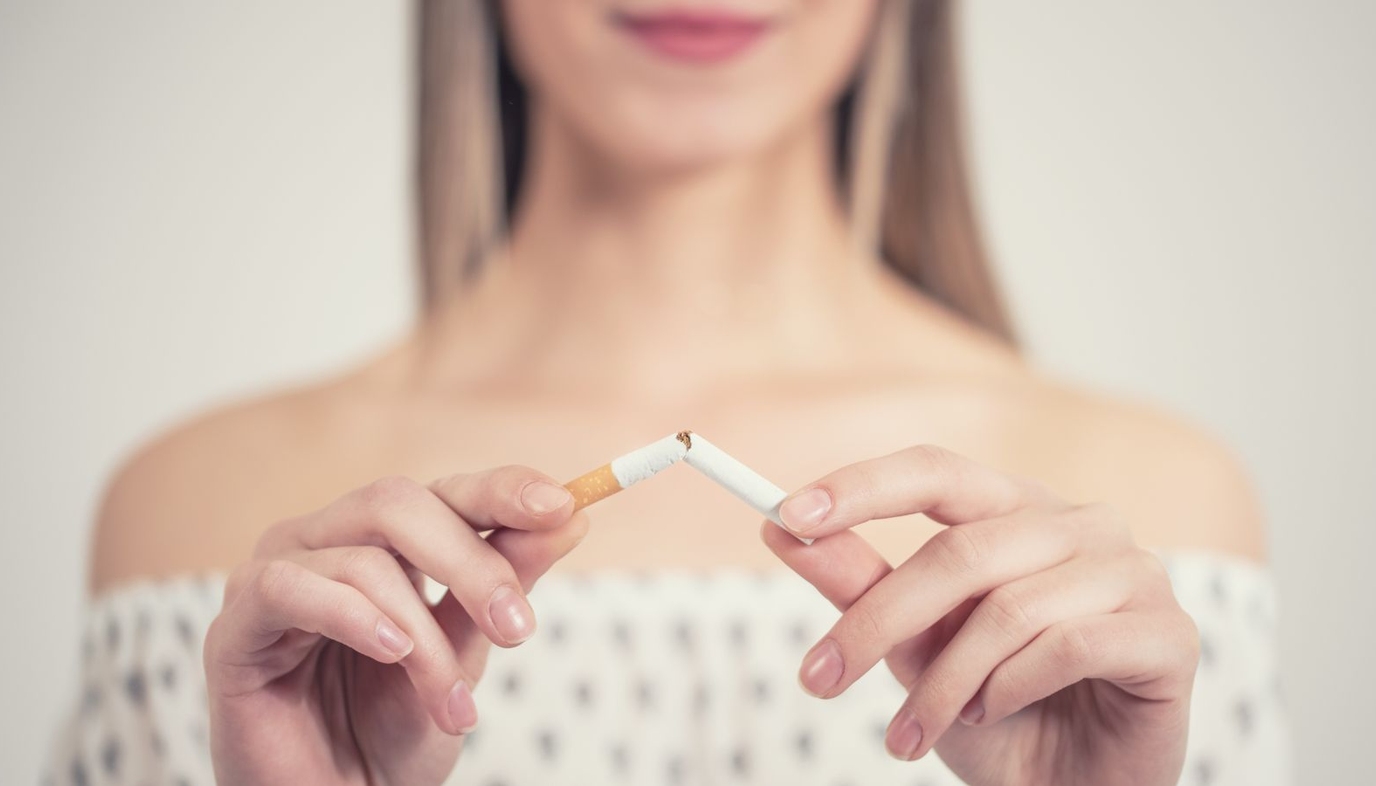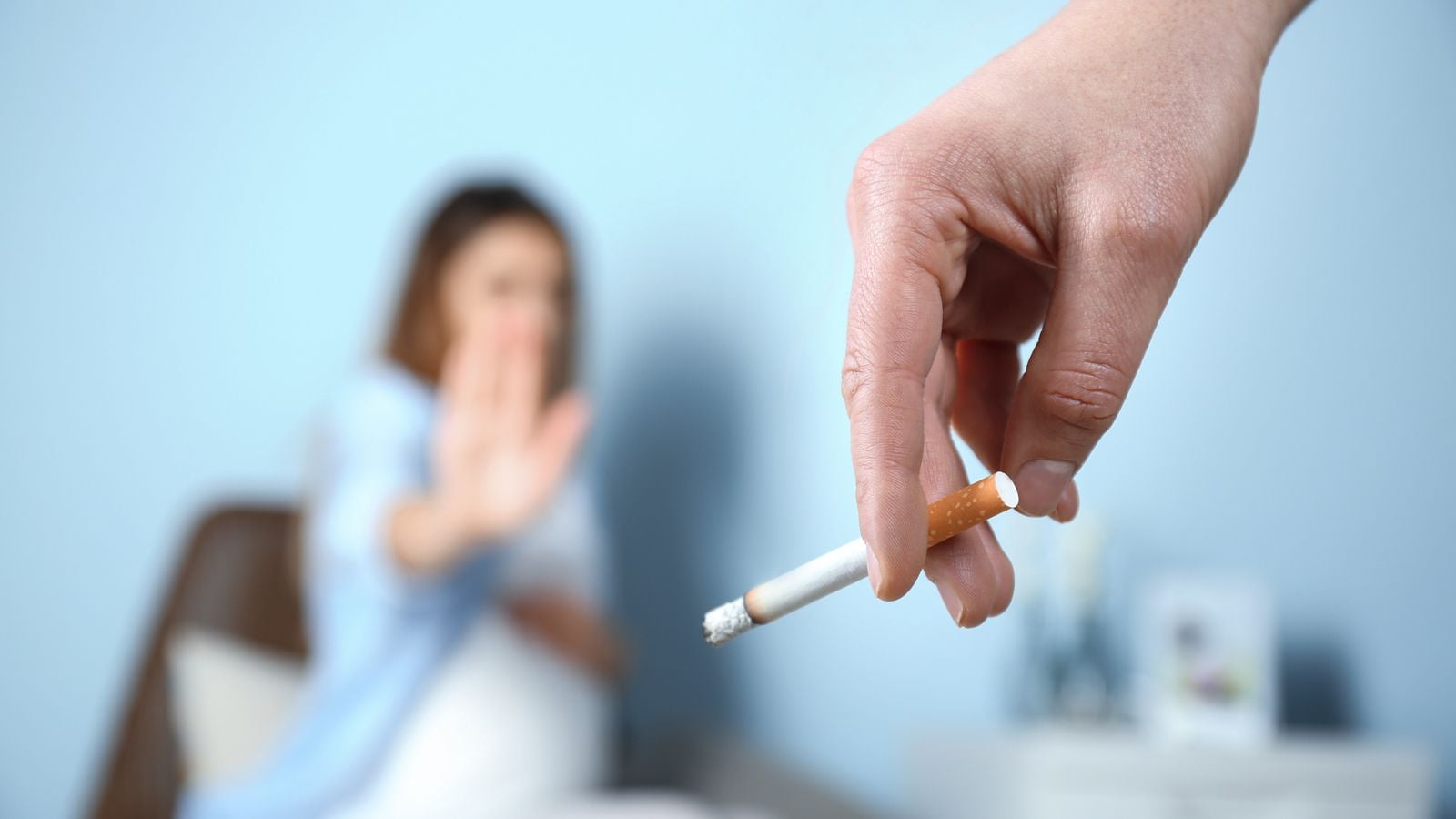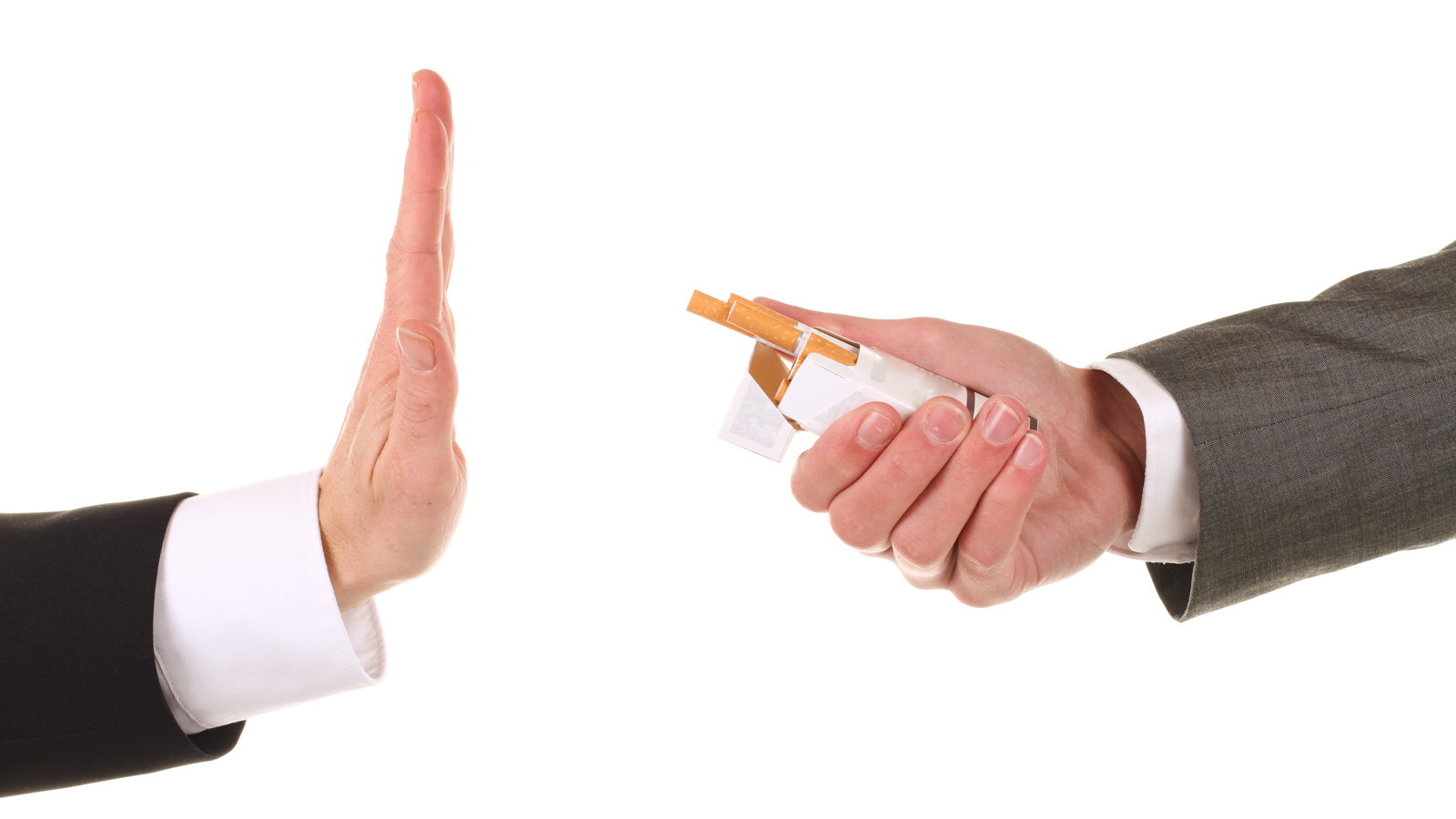
When you're not pregnant, you can take just about any pill, wear any patch, or chew any gum. However, everything changes once you conceive. Quitting smoking is a huge step toward a greater level of health and wellness for both you and your baby. Choosing not to quit can have grave impacts like stillbirth, premature delivery, miscarriage, underdeveloped lungs, heart defects, learning disorders, and low birth weight.
If you're pregnant and a smoker, and you're trying to quit – congratulations! While quitting during pregnancy isn't impossible, it is a little more complex. Many patches and other forms of assistance used while attempting to quit cigarettes contain elements that may not be safe for your baby. So, what can you do?
Do-It-Yourself
There are some ways to quit smoking on your own, but they aren't easy. Going "cold turkey" is one method that about one out of every 20 people finds success with. It takes a lot of willpower, but it doesn't pose any harmful side effects to your baby. You, however, will most likely experience symptoms of withdrawal for a few weeks, which will be worse the heavier you smoke. The upside is that you'll probably be more motivated because it's a great act of love and sacrifice for your baby.

Gradually quitting smoking will take longer, and it exposes your baby to the harmful effects of smoking for a longer period of time. However, it'll be easier for you. If you decide to quit gradually, on your own, you have until about 14 weeks gestation before your baby sustains lasting damage from the effects of cigarettes, including low birth weight, asthma, and more. This is true even if you smoke just 1-2 cigarettes per day.
Quitting Aids
If you decide to use a nicotine replacement aid, like a patch or chewing gum, talk to your doctor before you begin. Nicotine sprays and gums will put smaller doses of nicotine into your body, while a patch will release larger doses. When it comes to patches, 16-hour patches have lower doses than the 24-hour patches.
Quitting aids will increase your chances of success in quitting smoking, and they'll help with cravings. However, there is a risk to your baby, even if it's small. If you put an overdose into your body, that could be even worse. This is why it's important to talk to your doctor before you begin using a nicotine-based quitting aid.

Medication
There are medications that will help you quit smoking like "Bupropion," which was formerly used as an antidepressant and called Wellbutrin. When people used Wellbutrin, doctors noticed that it seemed to help people quit smoking as well (although they never discovered exactly why).
Is it safe for your baby? Unfortunately, this medication has never undergone a thorough study for its effects on unborn children. In very large doses, the drug has been linked to seizures and shouldn't be used in women who are at risk for preeclampsia. However, the amount used to quit smoking is very small. It will also pass through breast milk. The good news is that it's nicotine-free and will increase your likelihood of success in quitting.
Getting More Help
A counselor may help you quit smoking and can help support you through your pregnancy, especially when you're feeling weak. If you use counseling, or other therapeutic remedies like acupuncture or hypnosis, with other quitting methods, your chances of long-term success go up even more.
Before trying medication and quitting aids, you should speak with your doctor to ensure they are right for you and your baby. With whatever you and your physician come up with, remember that quitting smoking is hard, but it's one of the best things you can do to help your baby be healthy during and after your pregnancy.
